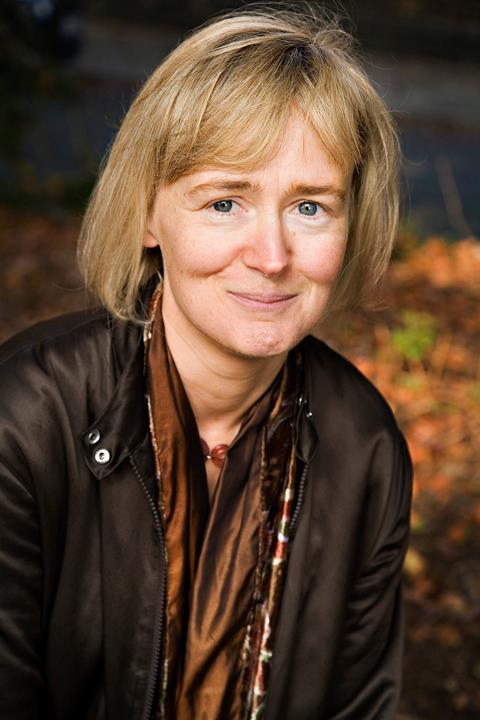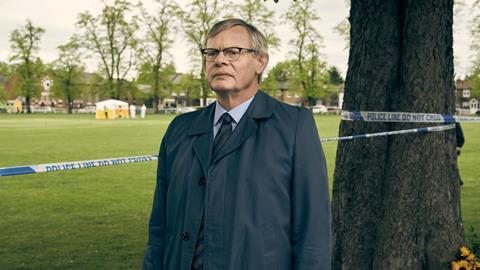‘Would it really be so hard today to come up with imaginative new plots that don’t involve the brutalisation and murder of women?’
Every night of the week across a wide range of broadcast platforms, if I so wish, I can watch stories about women being raped, decapitated and murdered in ever more imaginative and gruesome ways.
As it happens, I don’t wish, because I think the time has come for all of us working in the broadcast industry to think much more carefully about the message we are sending out when we continually produce TV crime dramas and documentaries that have women as the central victims.
Recent years have seen an avalanche in this type of programming and there seems to be a spiralling competition between some writers and directors to escalate the violence and come up with ever more graphic and disturbing ways to portray the murder of women.
My real worry is that if both true and fictional crime stories have women as their victims, even when treated sensitively, it both normalises and also desensitises violence against women, making these events seem as if they are just a normal part of life.
Tragic murders like the recent cases of Sarah Everard and Sabina Nessa don’t just happen in a vacuum. We are all influenced to a degree by what we experience in society; it’s naïve to pretend otherwise. Indeed, the entire advertising industry is based on the belief that images and stories can change and influence behaviour, so why should drama or documentary be any different?
Audience desensitised
Of course, I am not suggesting it’s as simple as someone sits down to watch a murder on screen and then decides to go out and kill a woman.
But a comprehensive review of previous research by the American academic journal Pediatrics reported in 2017 that the vast majority of experimental studies have revealed that exposure to onscreen violence does increase aggressive thoughts and angry feelings – at least in children and adolescents.
And importantly, it suggests exposure to violent media over time can desensitise people to violence. Disturbingly, the research also reveals that when the perpetrator is attractive, viewers may be more likely to identify with them.
Can we really be sure that when we show scenes such as a woman being slowly murdered on screen by a conventionally ’attractive’ rapist such as in dramas like The Fall, that there won’t be some disturbed individuals who get off on this, or who are even – God forbid – inspired to create their own twisted crimes?
“Would it really be so hard today to come up with imaginative new plots that don’t involve the brutalisation and murder of women?”
Tonight, you could settle down for a cosy watch of any of the following programmes, either on TV or via streaming, featuring sexual violence and female murder: Judge Rinders’ Crime Stories: Ian Paterson/Wimbledon Prowler; Catching a Predator; The Abduction of Lesley Whittle; The Trials of Oscar Pistorius; Code of a Killer; Savile: Portrait of a Predator; Manhunt; Sophie: A Murder in West Cork; The Real Manhunt: Night Stalker; American Murder: The Family Next Door; Conversations with a Killer: The Ted Bundy Tapes; and The Ripper.

One of the greatest queens of crime fiction, Agatha Christe, can be criticised for many things, but in one critically important way she was far ahead of her time. She created plots that did not rely on gratuitous sexual violence or death of a women for their denouement. In fact, in her Poirot books, male murder victims were twice as common as female ones.
Would it really be so hard today to come up with imaginative new plots that don’t involve the brutalisation and murder of women?
My plea to commissioners and writers everywhere is each time you are tempted to put sexual violence or the murder of a women in a show, ask yourselves is this absolutely essential to the plot or might there be another more original way of telling your story?
We have so much amazing talent in the UK, surely, we can do so much better than relying on hackneyed cliches of women in peril to sell our shows?
Liz Tucker is chair of Women in Film & TV (UK)


































No comments yet